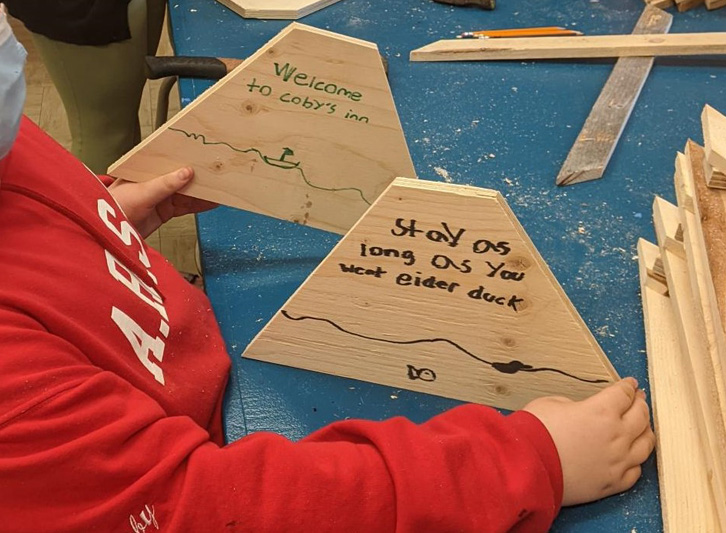The Shorefast Institute for Place-Based Economies
Uncovering and harnessing the Power of Place
A national initiative to catalyse the holistic development of local economies, big and small.
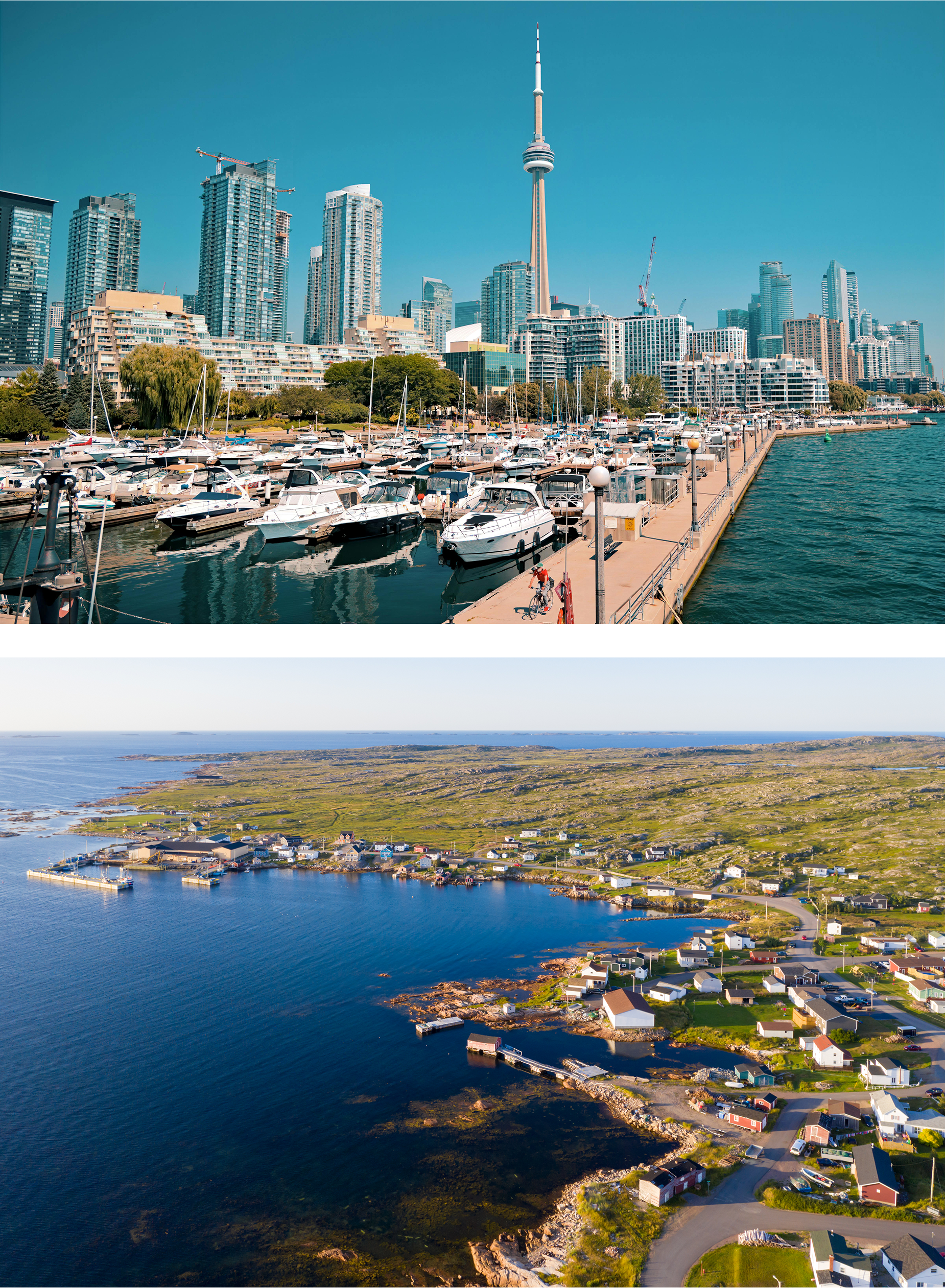
Uncovering and harnessing the Power of Place
A national initiative to catalyse the holistic development of local economies, big and small.

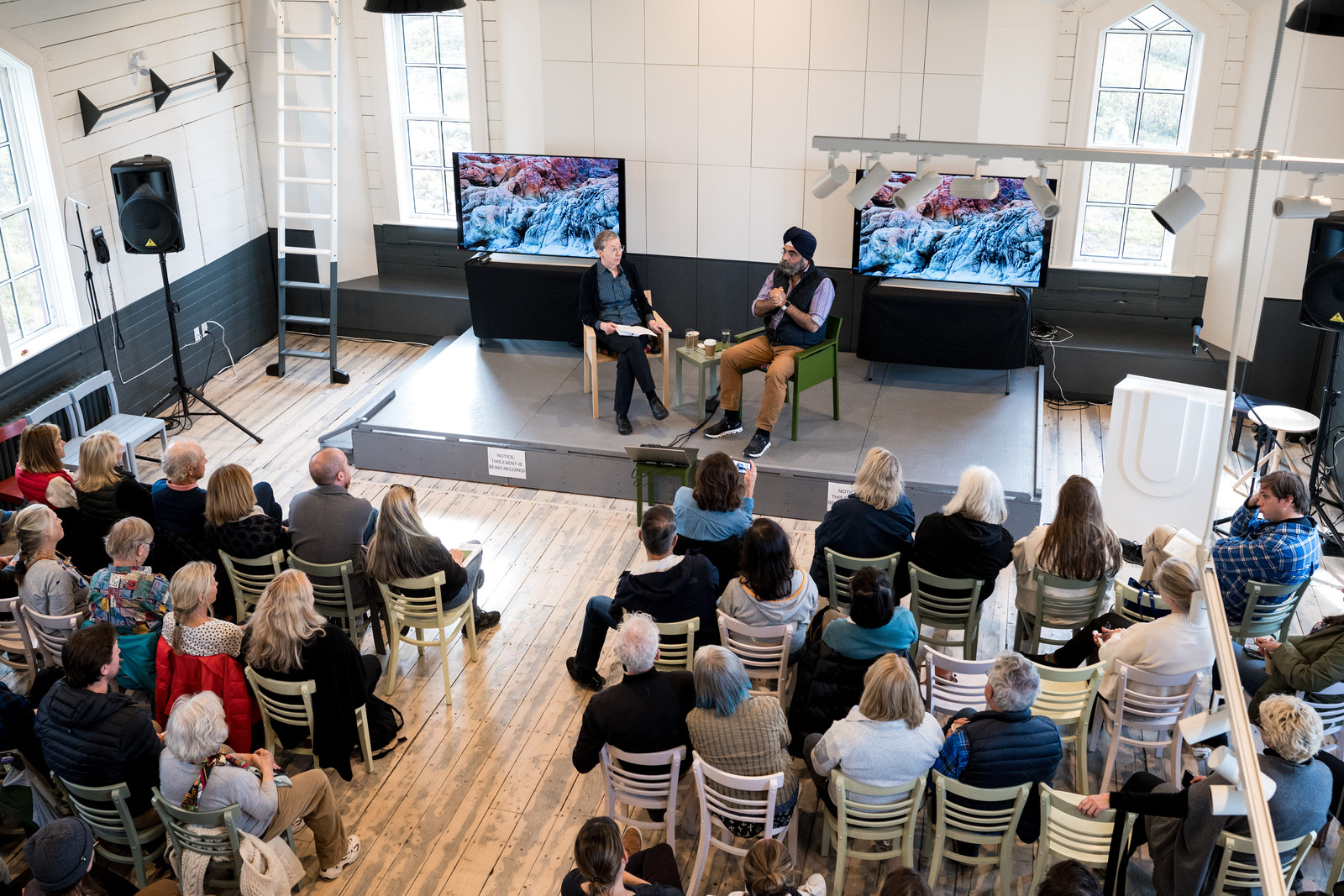
The Shorefast Institute for Place-Based Economies is a new national initiative dedicated to place-based economic development. The Institute will catalyse communities, governments, and markets to connect and build national economic strength. By creating new models and networks to share insights and best practices, to activate entrepreneurship, and develop coordinated financial strategies and tools, we can build a more prosperous and resilient Canada.
The Shorefast Institute offers three areas of programming for organizations interested in new models of place-based economic development.
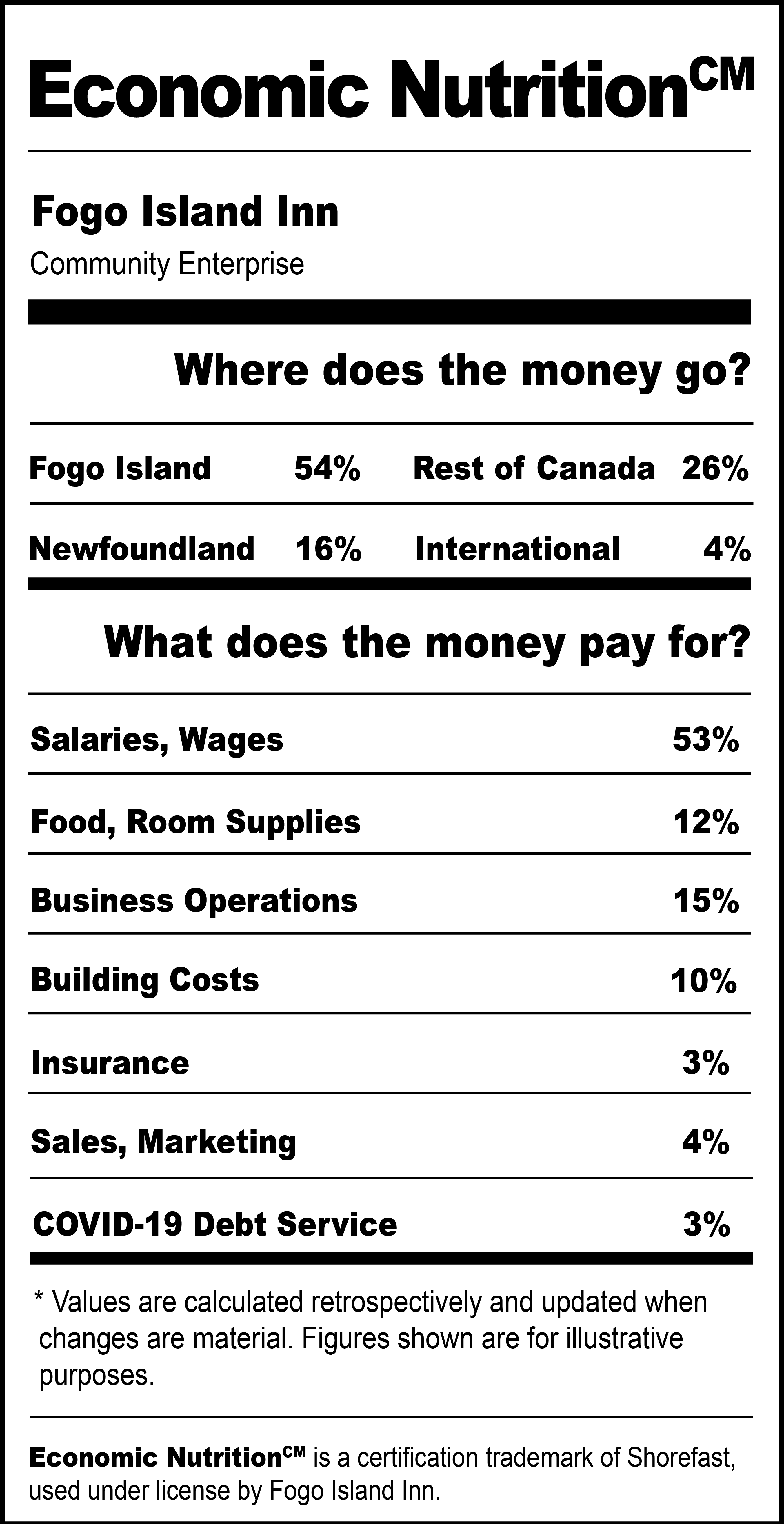
Learn more about our projects and toolsets and sign up to receive future updates.
-Zita Cobb, Founder & CEO, Shorefast
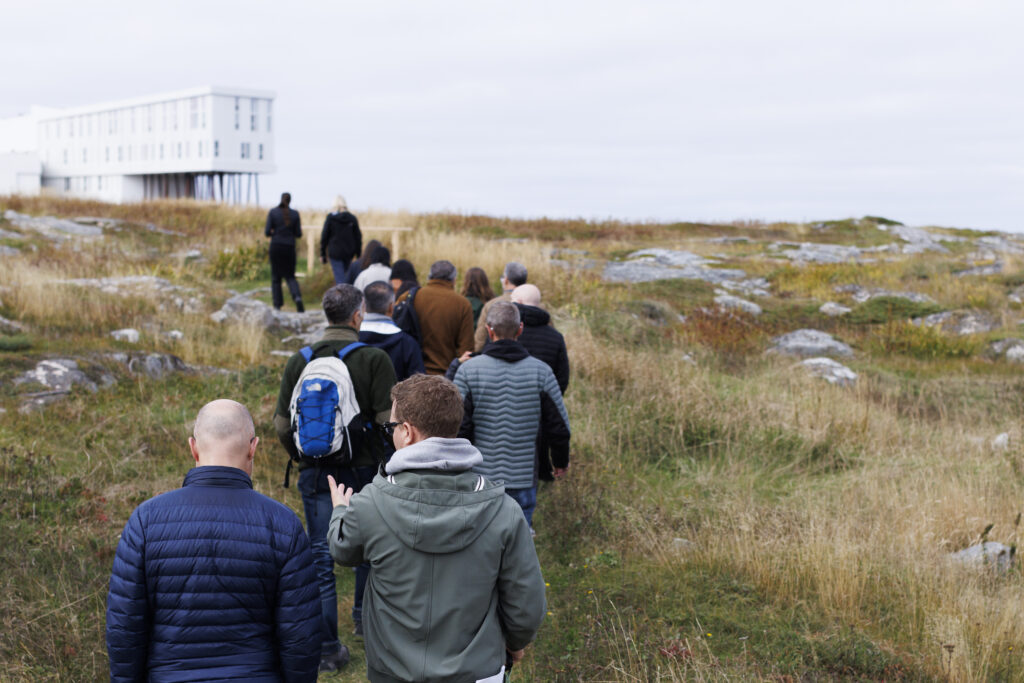
Through multi-pronged initiatives, we seek to achieve the following:
• Build awareness of Fogo Island’s waterways and the Labrador Current as critical to helping meet the climate challenge.
• Engage with community members in environmental stewardship practices on Fogo Island and look for ways to adapt our learnings for other coastal and rural communities.
• Facilitate research that expands our knowledge of Fogo Island’s natural environment.
•Promote responsible development of our natural assets, including marine and other wildlife, geology, and land vegetation.
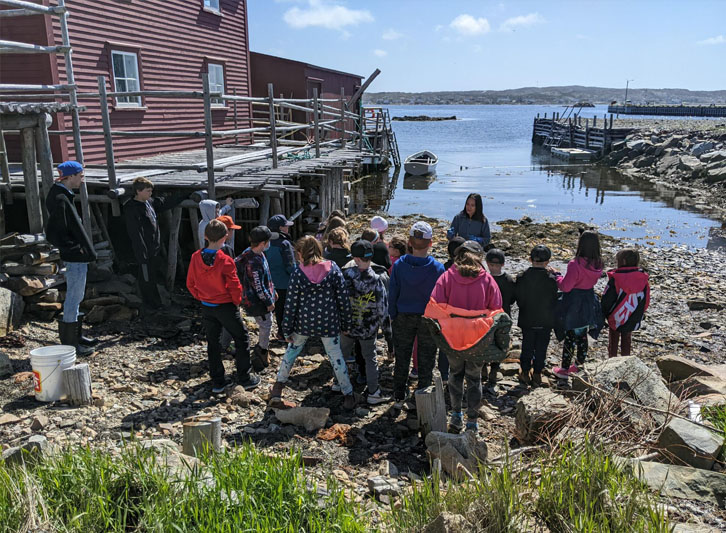
Shorefast is involved in initiatives that promote habitat stewardship and conservation efforts. Some of these initiatives are funded via a partnership with Department of Fisheries and Oceans’ (DFO) Coastal Communities Conservation Opportunities Initiative (CCCOI). Shorefast also facilitates research inputs by leveraging our community relationships with fishers and other practitioners.
The project was developed with Marine Institute (MI) at Memorial University of Newfoundland, and originally funded by the Canadian Centre for Fisheries Innovation (CCFI). Our current partners are the Fogo Island Co-operative Society and Kalup, as well dedicated community members and fishers who operate and maintain the crop.
We believe in the potential benefits of seaweed cultivation, a sustainable farming practice that requires net zero input. If seaweed cultivation proves successful in our waters, this crop could represent a significant economic diversification potential for Fogo Island and contribute to local and global food security.
Shorefast is seeking to lay groundwork for commercial seaweed cultivation that would contribute a sustainable and profitable industry to Fogo Island and Newfoundland and Labrador.
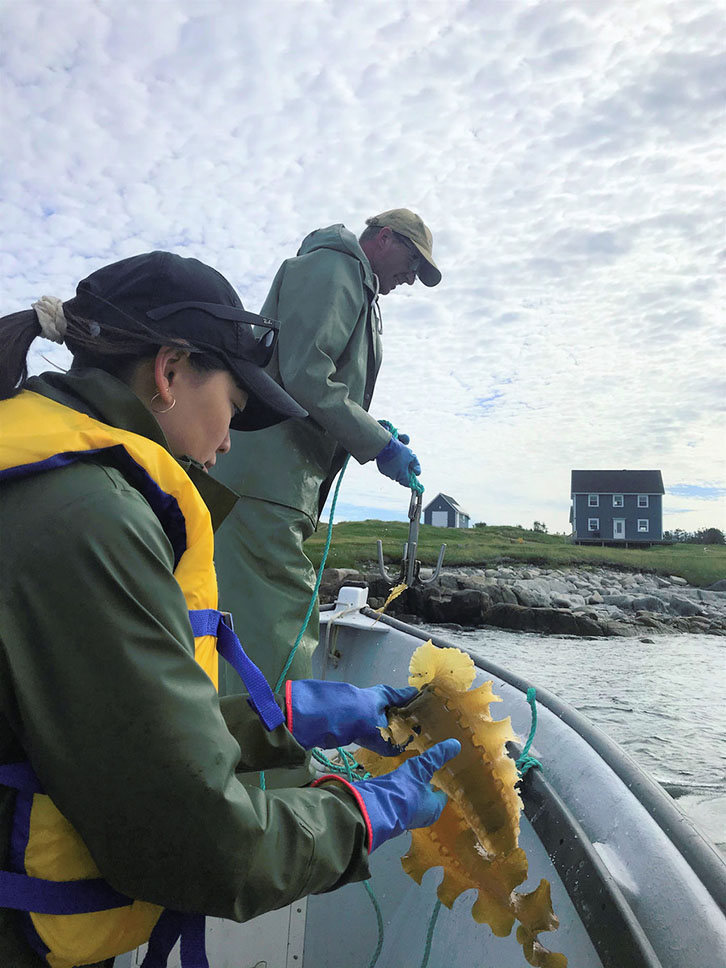
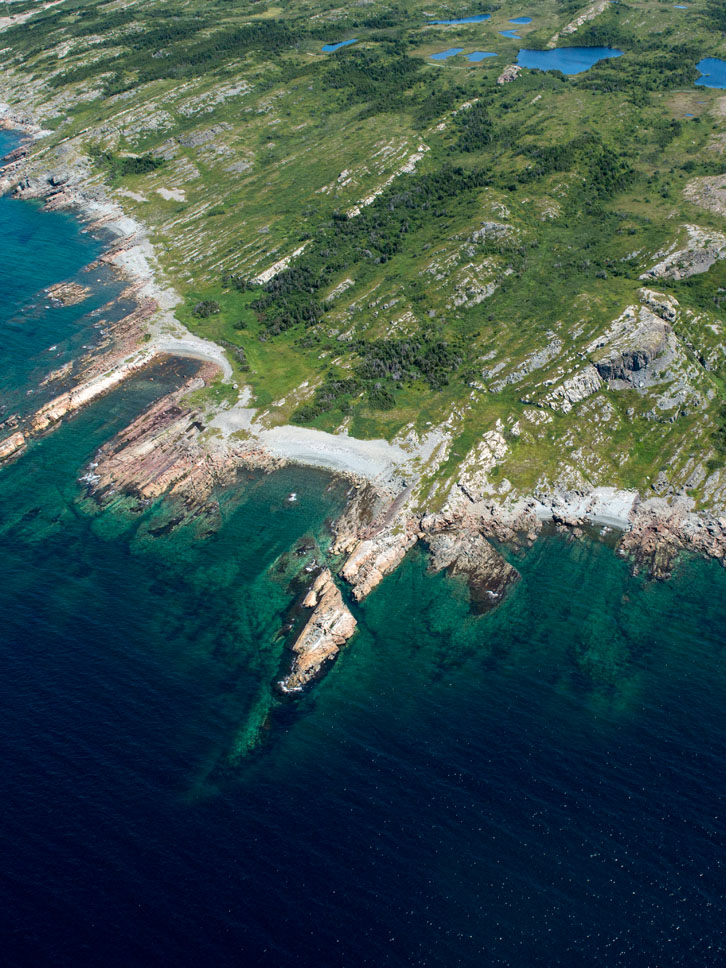
We are partnered with Newfoundland-based climate action consulting firm Fundamental Inc. to establish our own internal Greenhouse Gas (GHG) emission inventory and develop the Shorefast environmental policy and mission statement. We’re building internal capacity and identifying our cross-functional environmental leadership team and data reporting structures.
Starting with our own projects and businesses, we’re developing a model for similar organizations and communities to take a GHG inventory and set goals towards improving upon waste and carbon outputs. Our work can help create a roadmap for doing this complex, intensive work so as to be scaled and replicated by other organizations and communities around the globe. We plan to create and offer resources about this process in the not-too distant future.
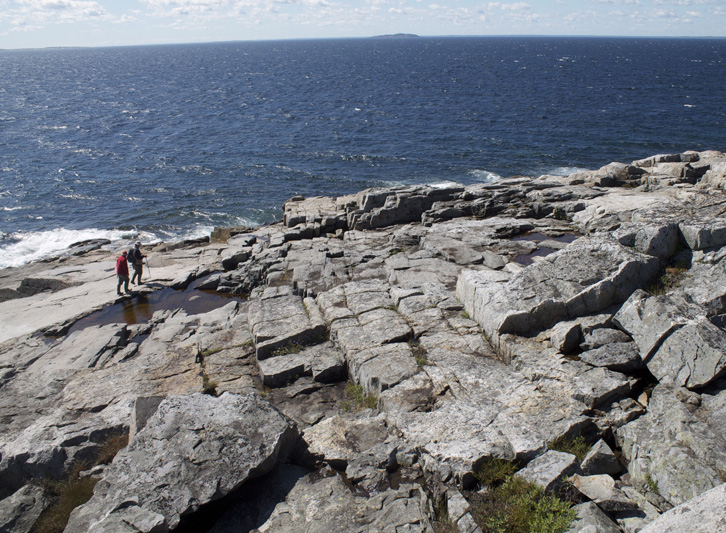
Shorefast invites experts in various fields to come to Fogo Island to share their specialized knowledge with the community and lead public programming. Experts include geologists who lead educational hikes and host youth programming at our Geology Centre.
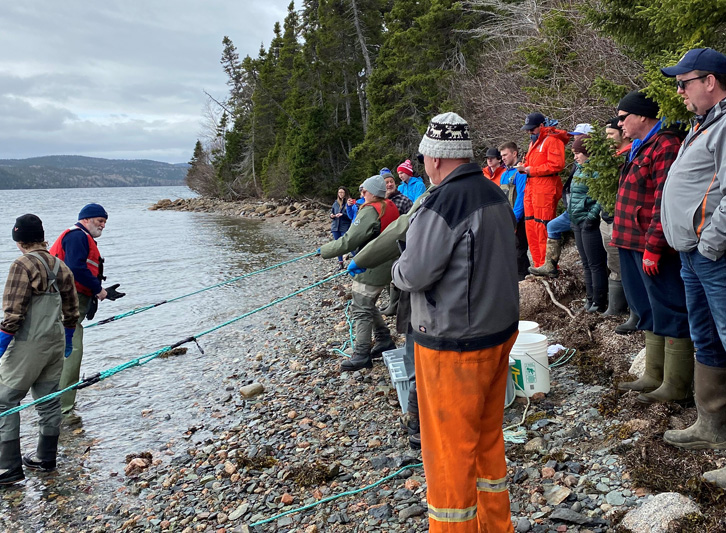
Shorefast runs or participates in several Community Science initiatives which engage members of the general public in on-the-ground research.
These include: Summer youth programming that allows school-aged children to participate in workshops themed around marine debris and aquatic invasive species; training and research activities in collaboration with the Department of Fisheries and Oceans; an Ocean Atlas project, which aims to build an online platform to share data about the natural environment around Fogo Island with community members; and more.
The wooden structures of Fogo Island have withstood the harshest Northeast gales. The good news? Salt air preserves, and there is a lot of life left in even the most neglected of buildings in our community.
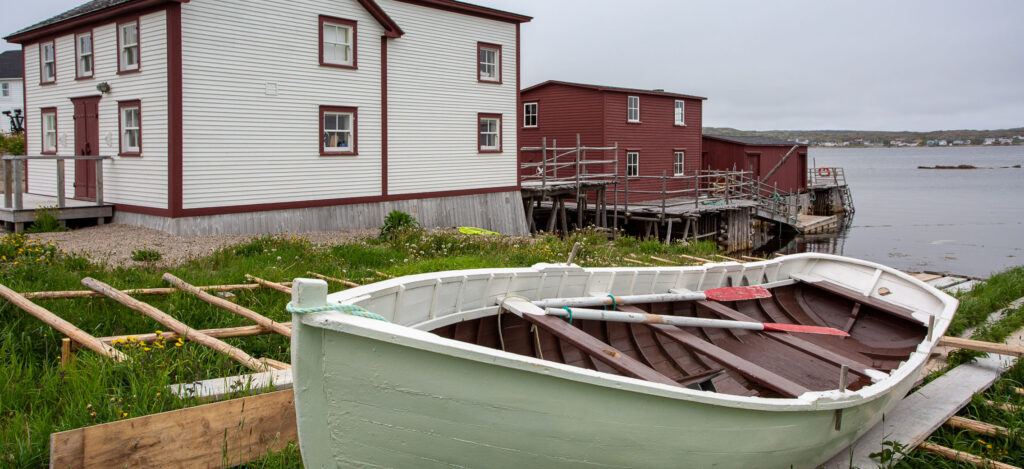
The Punt Premises is home to Shorefast’s fleet of punt boats and an evolving curation of cultural artifacts including cod traps, boatbuilding tools, fishing gear, photos, and other noteworthy items that are associated with the traditional inshore fishery. The Punt Premises brings to life how a family made a living in the vibrant inshore fishing era on which our outport culture was founded. It has become a platform for a range of cultural and community engagement activities
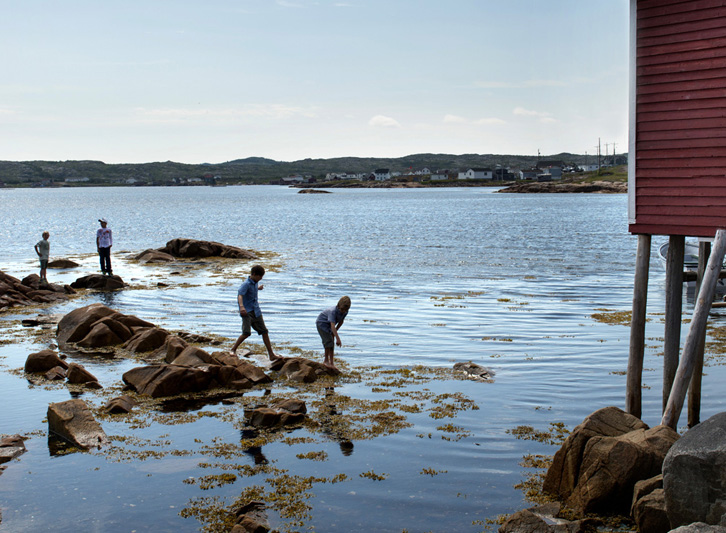
We provide job shadowing opportunities for grades 10-12 at Shorefast workplaces—including Fogo Island Inn, Fogo Island Workshops, construction/facilities management, and business supports—where they can engage with staff and learn about future career paths on Fogo Island.
Our yearly lottery raises funds for Fogo Island Central Academy graduating students attending any form of post-secondary education, with a proportional amount sent to A.R. Scammell Academy on Change Islands. To receive scholarship funds, students are asked to write an opinion-based essay or create a work of art, which is displayed in a celebratory public exhibition at the Punt Premises.
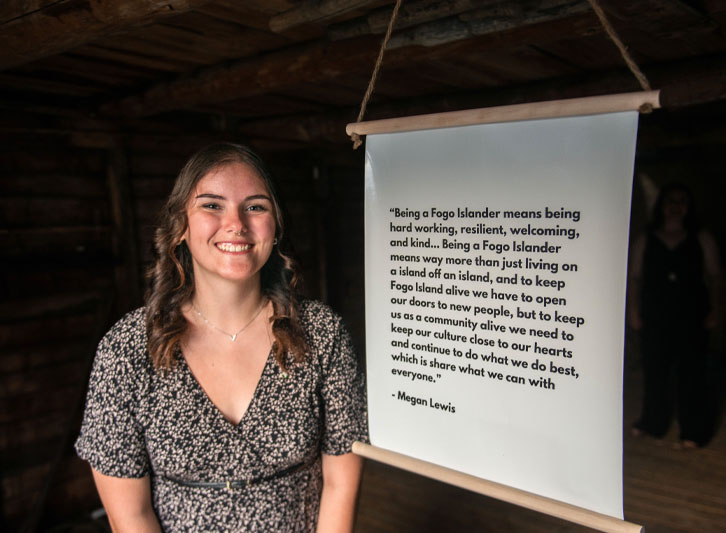

We partner with teachers at Fogo Island Central Academy to plant small-scale vegetable plots with the younger students. Through this initiative, children are introduced to a range of plants and vegetables that grow well in our specific climate and start to become familiar with issues of food security and nutrition.
On a monthly basis, Shorefast facilitates guest speakers on various subjects at Fogo Island Central Academy. Many talks are related to our Environmental Stewardship work, though other practitioners (artists, architects, chefs) have been known to make appearances.
